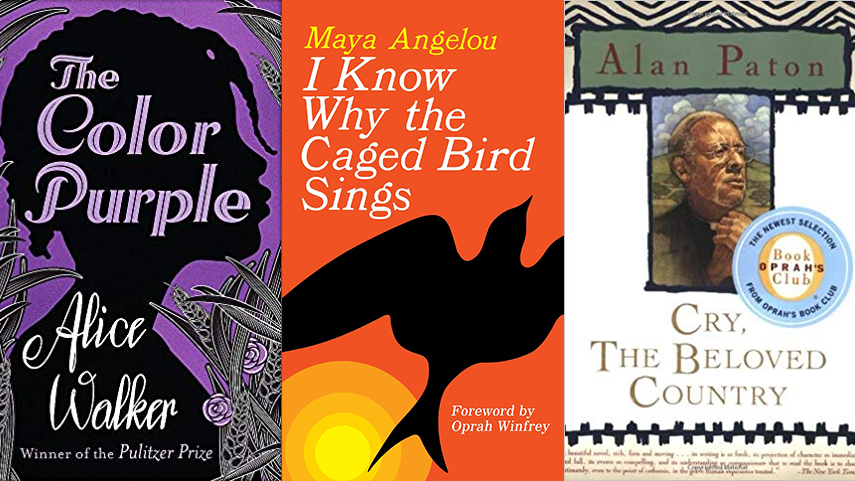Reading and Education Instead of Traditional Ways of Punishment for Juvenile Offenders
In September 2016, the Ashburn Colored school, a historic building that had been used by black children during the era of segregation in Virginia, was hatefully vandalized by five teenagers. The young would-be delinquents were sentenced with reading in the hopes to change the way the American criminal justice system treats juvenile delinquent hate crimes. Two and a half years later the effectiveness of a reading sentence is being evaluated.
Knowing that the teenagers were unaware of the historical significance of the building they vandalized Prosecutor Rueda formulated a theory. She believed that the children, who didn’t even know what a swastika represented, were simply lashing out against authority after one of their friends had been expelled. “With children, you can either punish or you can rehabilitate and these were kids with no prior record and I thought back to what taught me when I was their age, what opened my eyes to other cultures and religions… and it was reading” the prosecutor told BBC.
After getting approval for her style of punishment Rueda curated a list of 35 books from which the offenders could choose one book to read a month and write an essay on. The list included works such as Alice Walker’s The Color Purple, My Name Is Asher Lev by Chaim Potok, I Know Why the Caged Bird Sings by Maya Angelou, and Cry The Beloved Country by Alan Paton. Prosecuting children with harsh sentences has consistently been proven unsuccessful in setting children on the right path and guaranteeing no second offense. Prosecutor Rueda’s writing assignment, on the other hand, had fantastic results. All five of the teens continued their education since being sentenced, and none have re-offended.
The goal of juvenile sentencing is not to punish children. But rather to make sure that those teens do not turn into adults who will commit crimes for which they may be tried as legal adults with no mercy. The juvenile criminal justice system in the form that it exists now values prosecuting offenders more than it does educating them. It takes one prosecutor to put an end to the cycle of crime that keeps juvenile offenders in the system well beyond childhood.
Prosecutor Rueda’s county, Loudoun County VA, spent the past year changing its juvenile justice system to focus on education and rehabilitation. Hopefully, other counties in the U.S will take notice and change their modes of discipline as well.
Please Support us on Patreon!
 The minimum level of contribution is only $1 per month.
The minimum level of contribution is only $1 per month.
Moreover, starting with the pledge level of $3, you will get a digitized vintage book about bookbinding, book history, or book arts each month from us!
These pledges help iBookBinding to continue its work and bring more information about bookbinding and book arts to you!


